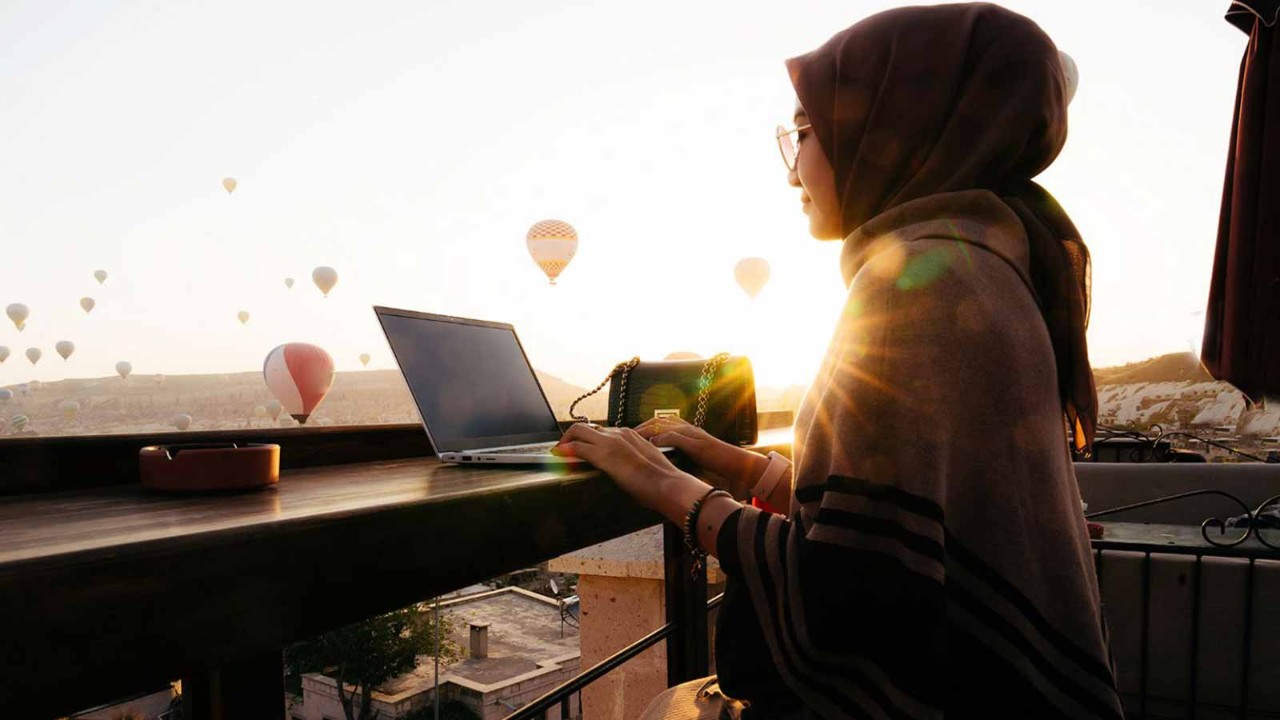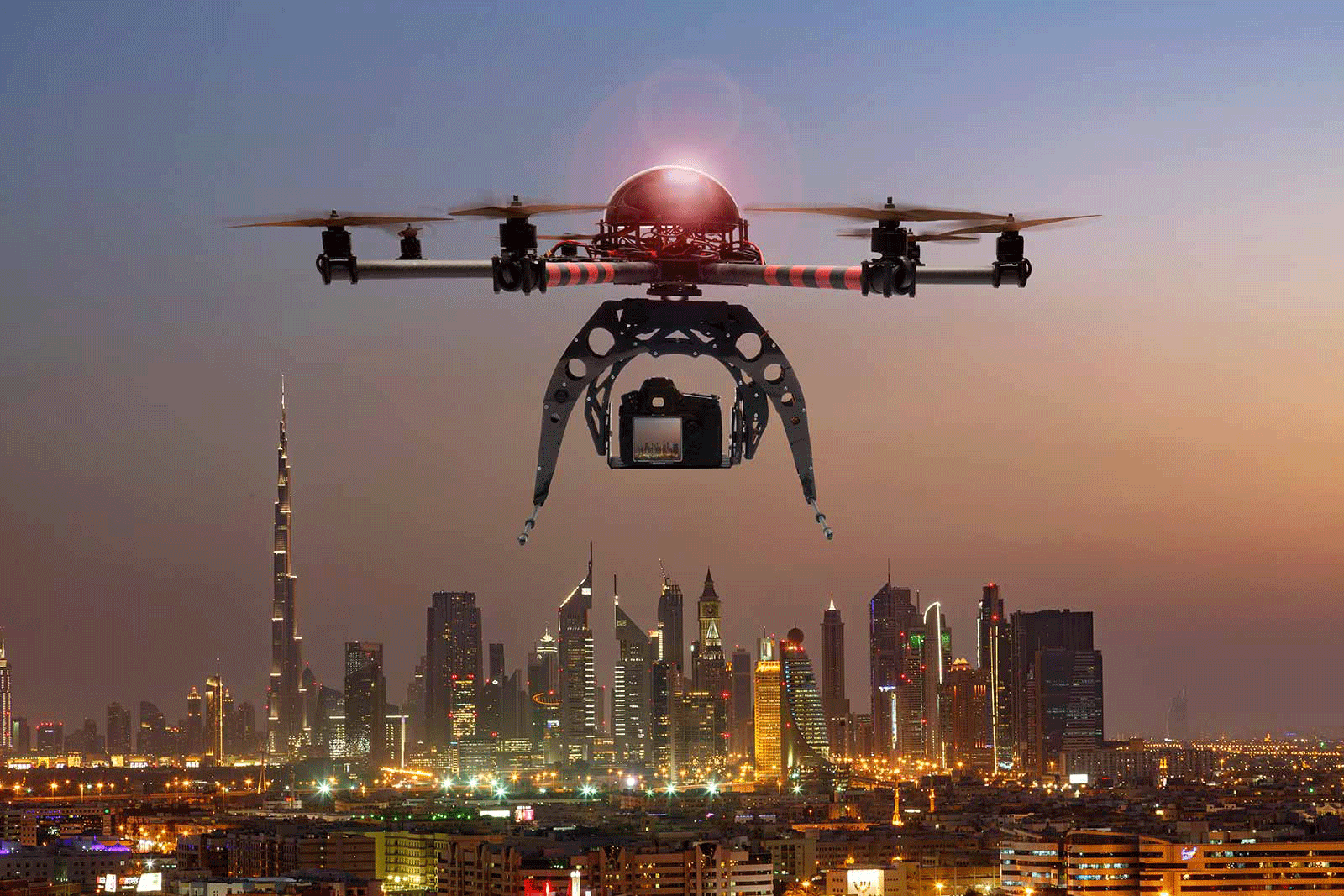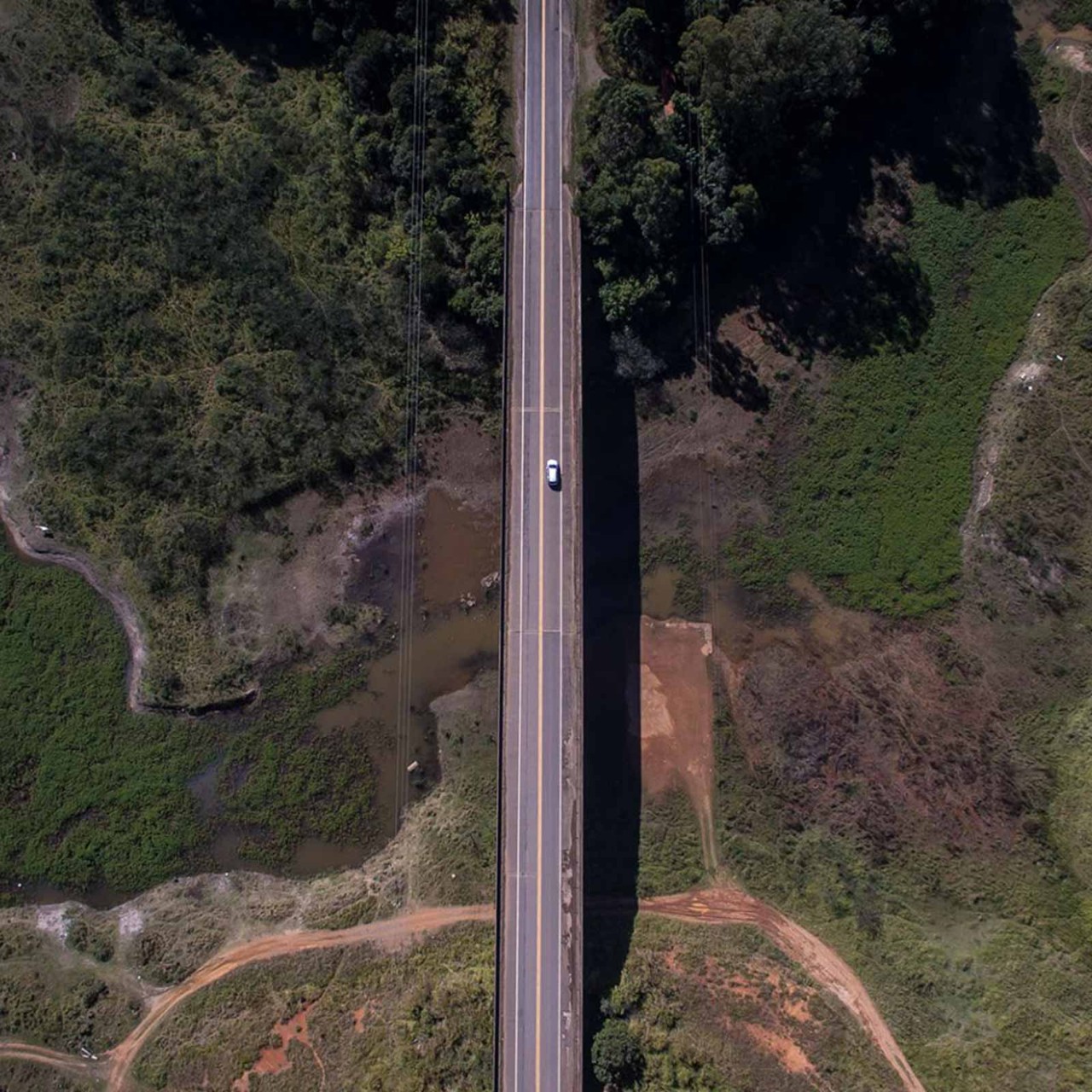
Flexible working has given rise to a new travel phenomenon – the ‘bleisure’ trip, in which travellers combine business and leisure activities in the same visit.
According to a survey by global professional services firm Alvarez and Marsal, nearly three-quarters (71%) of Middle East respondents took a bleisure trip in the past 12 months (compared with 15% in the UK), by adding a sightseeing weekend onto the beginning or end of a business trip or staying on after a holiday and working from the destination remotely.
The most common arrangement among all respondents was a business trip with leisure time added on at the end. Three extra nights was the most common extension for work trips with added tourism.
While an average of just over half of respondents from all geographies reported spending more on travel, almost 80% of travellers in the Middle East did so. Nearly half of those Middle East respondents said their budgets have increased ‘considerably’.
In ESG-related findings, respondents in the Middle East were the most willing to pay extra for environmental, social and governance considerations (83%), compared with 66% of Germans and just 47% of UK respondents.
The bleisure trend has implications for travel and hospitality brands, with hotel providers in particular advised to tailor their offerings by including workspaces and home-like features.
The study, Travel in flux: Unpacking the key trends shaping the hospitality industry, surveyed 3,818 travellers aged 18–26 from nine countries in Europe and the Middle East, about their travel decisions, expectations and preferences.



